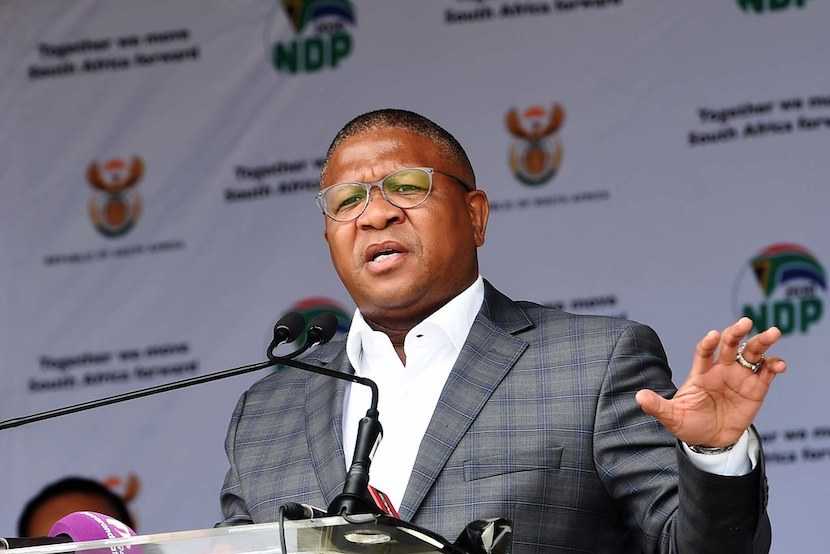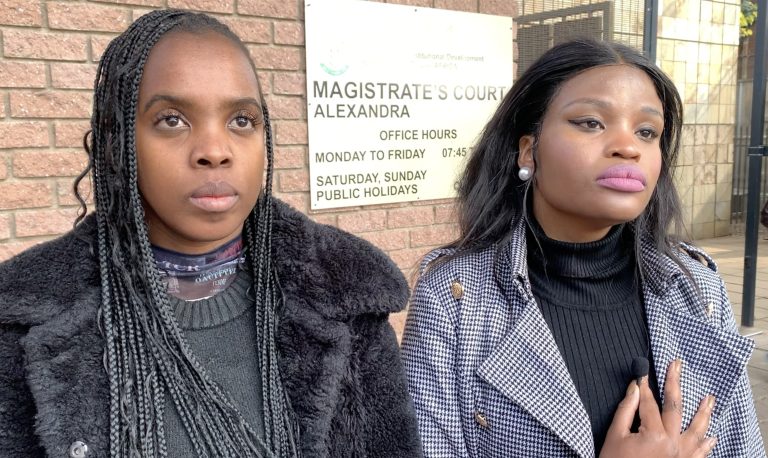NPA’s decision not to prosecute Fikile Mbalula is irrational and wrong by law
AfriForum’s Private Prosecution Unit is pleased the National Prosecuting Authority (NPA) finally took a decision in the matter against former Minister of Sport, Fikile Mbalula. The decision, however, appears to be irrational and wrong by law. Nevertheless, this point would never have been reached without the constant pressure the unit has applied on the NPA to simply perform its duty.
The criminal case against Mbalula stems from a 2018 Public Protector report into the then-Sports Minister’s family holiday to Dubai, which referred the matter to the NPA. The allegations against Mbalula are simple and uncomplicated; they entail that the Dockrat family, through linked companies Sedgars Sport and Reimon Uniforms, allegedly paid for the politician’s holiday.
In a letter to the unit confirming the decision, the Gauteng Director of Public Prosecutions, Adv. Sibongile Mzinyathi, provided two reasons for not pursuing the case against the former minister. First, he said, the “gist of the evidence is that the money used to pay for the trip was a loan by a person in personal capacity to Mr Mbalula. The loan of R300 000 was repaid in full and with interest.”
Secondly, Mzinyathi said, “The investigation further looked into whether there was a quid pro quo between Mr Mbalula and the persons linked to the two companies mentioned, namely Reiman Uniforms and Sedgars Sport, and such could not be found.”
The NPA appears to have uncritically accepted the version that the money was not a gift. This is contrary to the findings of the Public Protector, who said, “Having considered their submissions (Dockrat and Mbalula), I do not accept that the arrangement between them constituted a loan agreement. Had the transaction not been reported in the media, Mr Mbalula would not have repaid the funds.”
While the Private Prosecution Unit also believes the payment was not a loan, the NPA’s position does not provide an excuse to not prosecute Mbalula. Section 3 of the Prevention and Combatting of Corrupt Activities Act defines a “gratification” as “any donation, gift, loan, fee, reward, valuable security, property or interest in property of any description, whether movable or immovable, or any other similar advantage”.
Sadly, but not surprisingly, the second reason provided by the NPA further demonstrates prosecutors’ very poor understanding of the crime of corruption. It was established in S v Selebi in the Supreme Court of Appeal that there need not be any quid pro quo between the corruptor and corruptee to meet the requirements for corruption.
Judge Suretha Snyders found that “… the appellant (Jackie Selebi) must have realised that (Glen) Agliotti’s generosity and the payments he received from him created a dynamic, whereby he, in his post as head of the nation’s police service, would be indebted to him and would have to remain willing to do him favours.”
Put differently, in the present case, it can easily be argued that “Mbalula must have realised that Dockrat’s generosity and the payments Mbalula received from Dockrat created a dynamic, whereby he, in his post as Sports Minister, would be indebted to him and would have to remain willing to do him favours.”
It took the NPA nearly four years to come to this decision. Such delay invariably prejudiced the chances of a successful prosecution. But this has not deterred the Private Prosecution Unit, which remains convinced that Mbalula has a criminal case to answer to. The unit will now carefully consider its next step to ensure that justice is done.











